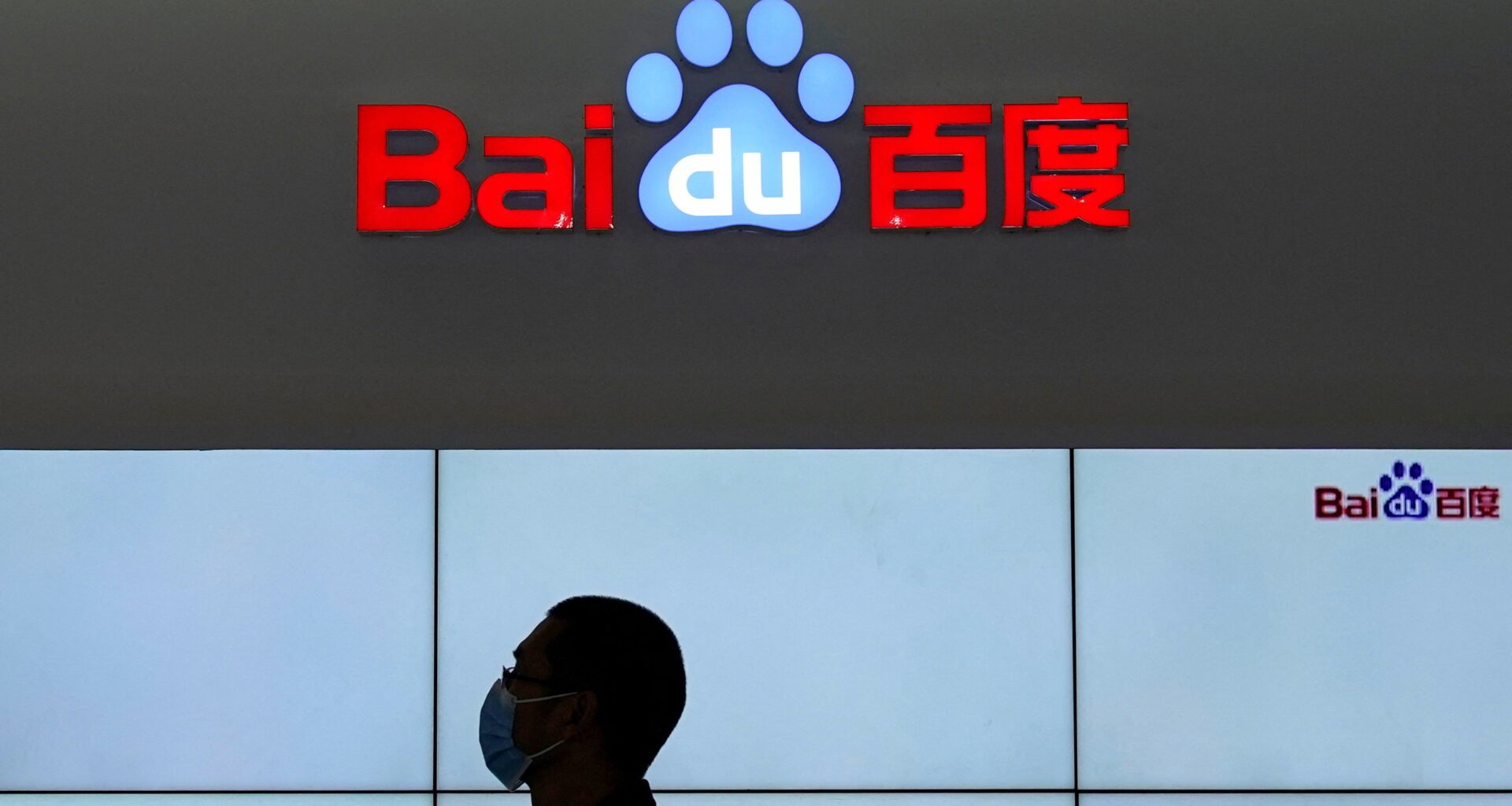Chinese internet search giant Baidu’s revenue fell 3 per cent in the third quarter, as the country’s weak economy takes a toll on online advertising.
The Beijing-based firm’s total revenue for the September quarter fell to 33.6 billion yuan (US$4.6 billion), the company reported on Thursday, marking its biggest decline in the past two years owing to ongoing market headwinds. Online marketing revenue fell 4 per cent to 18.8 billion yuan.
Net income for the period reached 7.6 billion yuan, up 14 per cent year on year, according to the company, which is investing heavily in artificial intelligence (AI). Baidu’s shares listed in New York lost nearly 3 per cent in pre-market trading after its Hong Kong-listed shares closed down 0.18 per cent on Thursday.
Despite strong growth in China’s AI market, it was not enough to offset the decline in online marketing. The company said in the earnings statement that AI is “gaining broader market recognition as evidenced by increasing adoption of Ernie”, its family of large language models and answer to OpenAI’s GPT models.
Ernie has been handling approximately 1.5 billion daily calls to its application programming interface this month, according to Baidu, more than doubling August’s 600 million daily calls.
Company co-founder and CEO Robin Li Yanhong said the company will continue to spend heavily on AI despite near-term pressure. “As we further scale AI, we are emboldened to find how it can drive innovations and create value for consumers, enterprises and society at large”, Li said in a statement.
Despite an early lead in AI and one of the first Chinese Big Tech firms to roll out a generative AI product for the public, Baidu’s first-mover advantage has weakened as rivals poured in. Other tech giants and a slew of start-ups have raced to develop their own AI models and products in what has become a saturated market, sparking a price war.
At the company’s annual conference held in Shanghai last week, Baidu touted the significance of AI agents – generative AI applications that perform specialised tasks – echoing past comments from Li calling for companies to invest more in AI applications rather than creating new foundational models, a time- and money-intensive task.
Baidu also highlighted progress in its autonomous driving business.
Apollo Go, Baidu’s autonomous ride-hailing service, provided 988,000 rides in the third quarter, up 20 per cent year on year. The service has provided more than 8 million rides as of October 28, and is responsible for 70 per cent of robotaxi rides nationwide, according to the company.
Subscribe
Login
0 Comments


